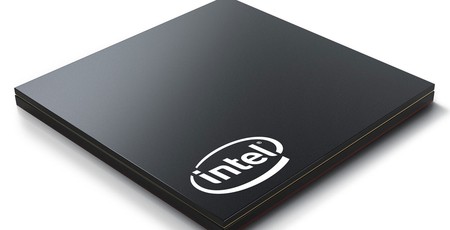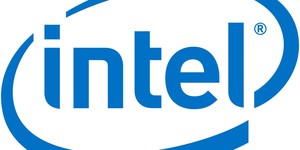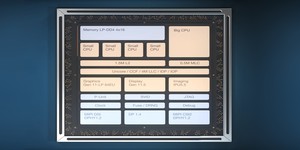
Intel has launched the Lakefield Hybrid processors with Samsung quick to embrace it with the Galaxy Book S.
Essentially, Intel core processors with Intel Hybrid Technology provide full Windows 10 application compatibility in an up to 56 percent smaller package area which means an up to 47 percent smaller board size along with extended battery life. It's been designed with hybrid systems in mind along with laptops aiming for better battery life and so forth. After all, portable systems are increasingly popular amongst most people.
The hybrid core setup combines a powerful Sunny Cove core which offers the same 10nm architecture that the 10th Gen Ice Lake chips are based on, alongside four low-power Atom-class Tremont cores, all on a single die, courtesy of an advanced die stacking technology known as Foveros. It's a balance of power, efficiency, and battery life, all within a small amount of space. It's a similar concept to ARM's attempts in the past which is used by Qualcomm's Snapdragon. So, this is Intel's attempt at providing competition for that part of the market then.
It's complex stuff with Intel keen to point out how many firsts it has achieved for the firm. It's the first Intel processor to feature native dual internal display pipes, which are particularly useful for foldable and dual-screen PCs. It's also the first Intel Core processor to deliver as low as 2.5 mW of standby SoC power, and it's the first of the bunch to ship with attached package-on-package memory which is another way of reducing the board size.
So far, there are two designs that are embracing the new technology. There's the Lenovo ThinkPad X1 Fold which was unveiled at CES 2020, being the first fully functional PC with a folding OLED display. Then there's the Samsung Galaxy Book S revision. Previously, the Galaxy Book S offered a Snapdragon processor which meant 16 hours of battery life but slower performance than you'd get from an Intel chip. This new Lakefield revision should provide far better performance and the same battery life, although we'll need to wait and see what reviews say on this front.
Crucially, the use of this Intel Hybrid Technology seems like a big step forward for ensuring that more can be accomplished while on the move. Obviously, it won't be up to gaming or anything high-performance just yet but such steps are sure to be useful in the long term. For now, obviously expect much lower performance than a traditional Intel CPU but with far better efficiency afoot for those looking for better battery life and portability.
If you're in the market for a new highly portable laptop, keep an eye out for the Galaxy Book S. The new Intel-based variant should be available soon.

MSI MPG Velox 100R Chassis Review
October 14 2021 | 15:04








Want to comment? Please log in.